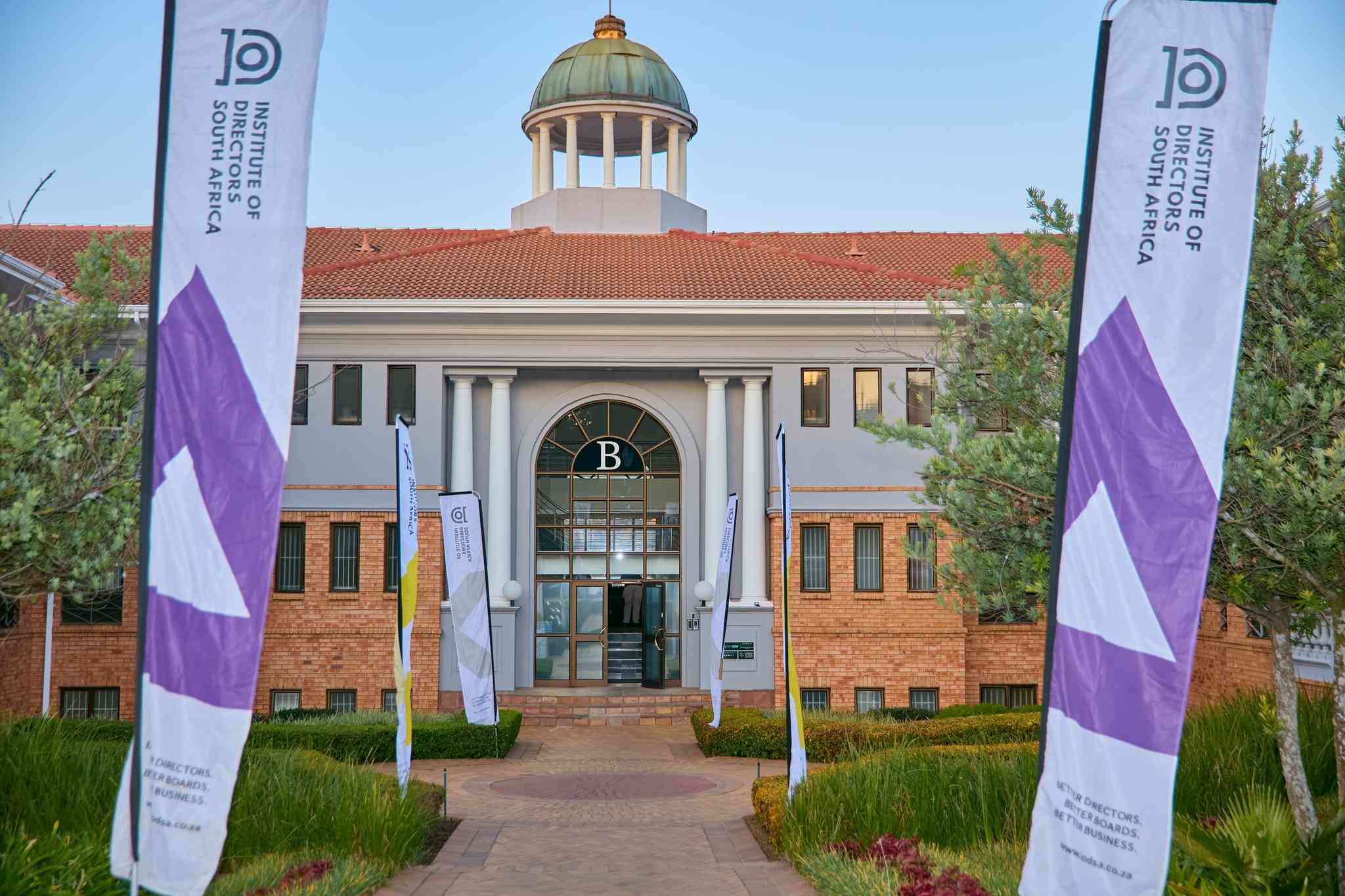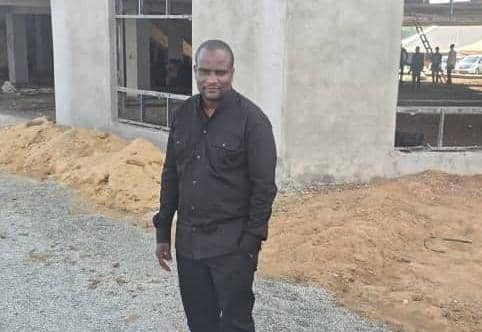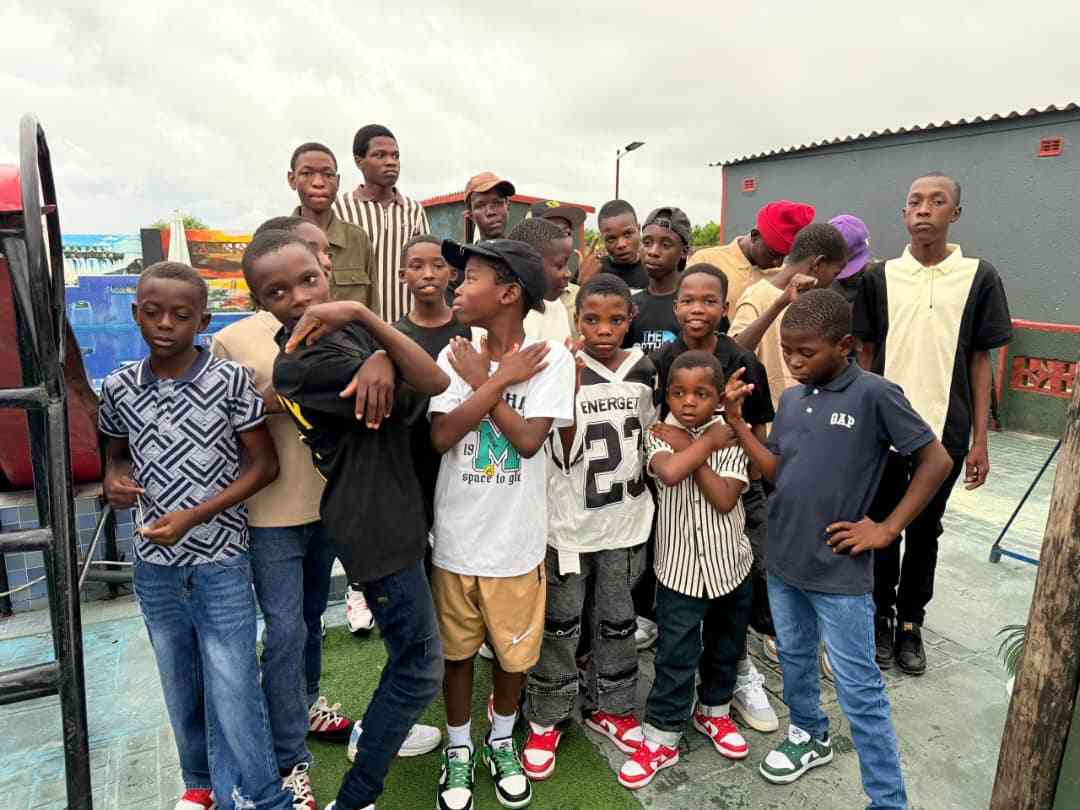
GWERU — The most sought-after address in Gweru is no longer in the low-density suburbs of the city, but surprisingly it is in the dusty high-density areas of Senga and Nehosho where the government’s failure to provide Midlands State University (MSU) students with on-campus accommodation has seen a property price boom.
Report by Blessed Mhlanga
MSU vice-chancellor Ngwabi Bhebhe in his 11th pre-graduation speech, decried the accommodation crisis at the university, but house owners in Senga and Nehosho are smiling all the way to the bank.
“The accommodation crisis at this institution is causing me sleepless nights because it has become a niggling problem on my neck,” Bhebhe told President Robert Mugabe.
“I continue to look for ways to solve the problem, which has its other challenges, which I will not discuss now.”
Before the establishment of MSU, Senga, Nehosho and other suburbs around the university were just ordinarily the place of poor Zimbabweans struggling to make ends meet.
Today the impact made by MSU on this community socially and economically is immeasurable and no matter how the government responds to the niggling accommodation crisis at the institution, life there will never be the same again.
Thousands of students who fail to get accommodation on campus have been forced to seek alternative lodgings in Senga, Nehosho and Delsford where they pay very high rentals. Rentals paid by students could be the most expensive in the country, as they pay a minimum of $60 per head and not per room as is the norm.
- Chamisa under fire over US$120K donation
- Mavhunga puts DeMbare into Chibuku quarterfinals
- Pension funds bet on Cabora Bassa oilfields
- Councils defy govt fire tender directive
Keep Reading
Sekai Dhauramanzi, who owns a six-roomed house in Nehosho says she rents out three rooms from her house to MSU students with one room housing four students each at $70 per head.
“My three rooms make me $840 a month, which is sufficient for me to send my children to school and to fend for myself since I am not employed,” she said.
A six-roomed house, with a swimming pool and secure car ports in the leafy Burnside suburb in Bulawayo will struggle to get tenants who would pay $840 a month.
Alexia Hlome of Senga says MSU is like a miracle which brought something more special than the biblical manna from heaven.
“I was about to sell my house and move to the rural areas since life had become so unaffordable, but now I make $1 000 a month from my eight-roomed house, more than what middle managers make at work,” she said.
Even street side vendors contend that business is brisk every time MSU is open and students are around, with prices also a little on the upside.
“Tomatoes, airtime and vegetables are on high demand and I make good sales every day when schools are open going home with around $30 every day and working to as late as 9pm to serve students who come from the library late,” a vendor who identified herself, as Gogo Chakuta said.
Things are different, however, during semester breaks with business low and houses empty, meaning income dries up.
Dhauramanzi says those with houses make enough savings to carry them through during semester breaks.
“We save money ahead of semester breaks, but there is no denying that when college closes we hit hard times. When the university is open we will be rich,” she said.
There is, however, a downside to the community outside the huge financial benefits which has seen levels of poverty going down and property prices soaring.
High levels of immorality associated with the university have seen locals christening the institution More Sex University which has had a negative effect on children growing up in this community.
Tafara Mbeva, a father of two girls and owner of a Nehosho house, said he now struggles with the discipline of his children.
“They see life in the eyes of their sisters and brothers in university and are tempted to try and emulate their dressing and behaviour, which in some cases lives a lot to be desired,” he said.
Owing to the expensive rentals and fees, most parents are unable to fully fund for the needs of their children, forcing girls to resort into mostly immoral activities to fund the extra needs.
Florence Marambo of Senga says she has never allowed MSU students to stay in her home in an effort to keep her children and husband at a safe distance from the “immoral’ students”.
“If you give them half a chance, they will take your husband just to avoid paying rentals or to make a quick dollar for goodies and clothes, so I stay away from them as much as I can,” she said.
Night clubs also make a killing from MSU students, allowing girls with college identity cards to get into their clubs free of charge or paying a minimum fee to lure malepatrons.
Life is very hard for students, as they try to attain coveted degrees, with some being forced into co-habitation to get through turbulent years through the college.
Students who spoke on condition of anonymity confirmed that a number of their peers had resorted to co-habiting to enable them to get by in a highly challenging economic environment.
“Life at the university is just tough,” a student said. “If you get a partner who is well-off you can be accommodated in either their hostel or lodgings, fed and assisted with money to fund other things, this is a better option than dating off-campus men with the hope of getting money.
But as construction goes ahead at MSU, landlords fear that their cash cow may one day be taken away from them.
Efforts to get a comment from the university were fruitless, as they asked for questions in writing, but they did not respond to several e-mails sent to the public relations department.










